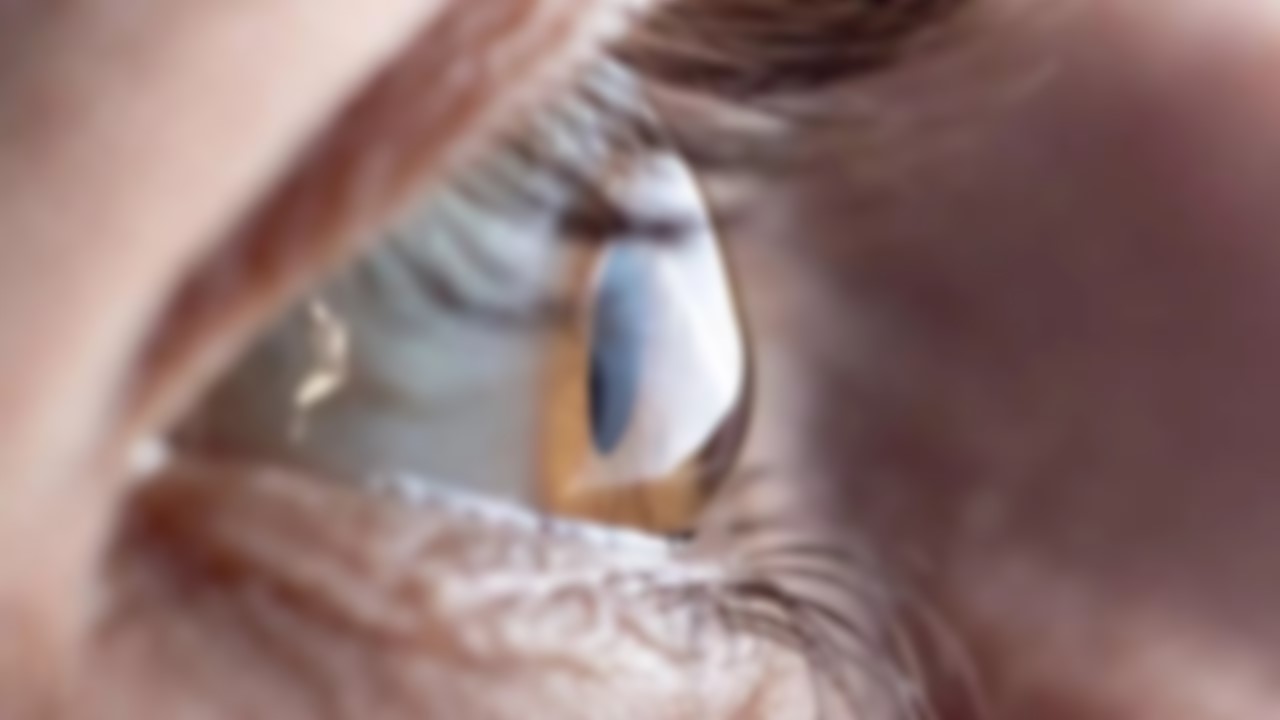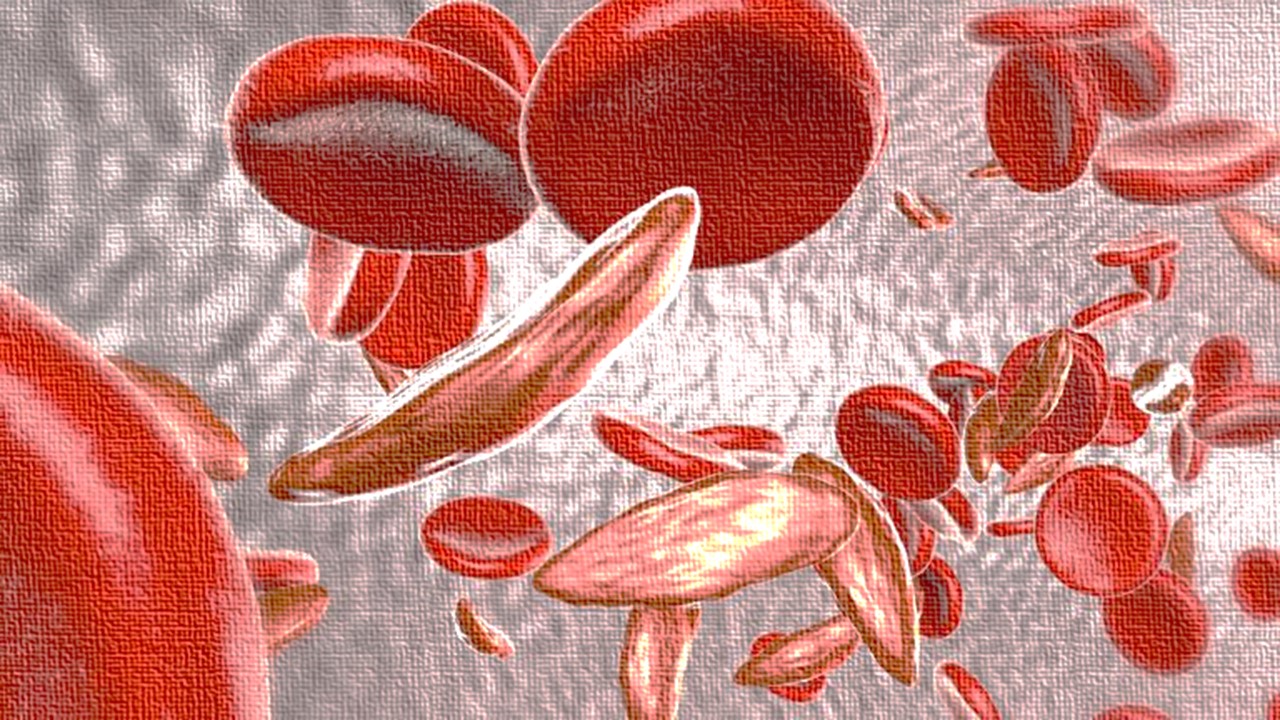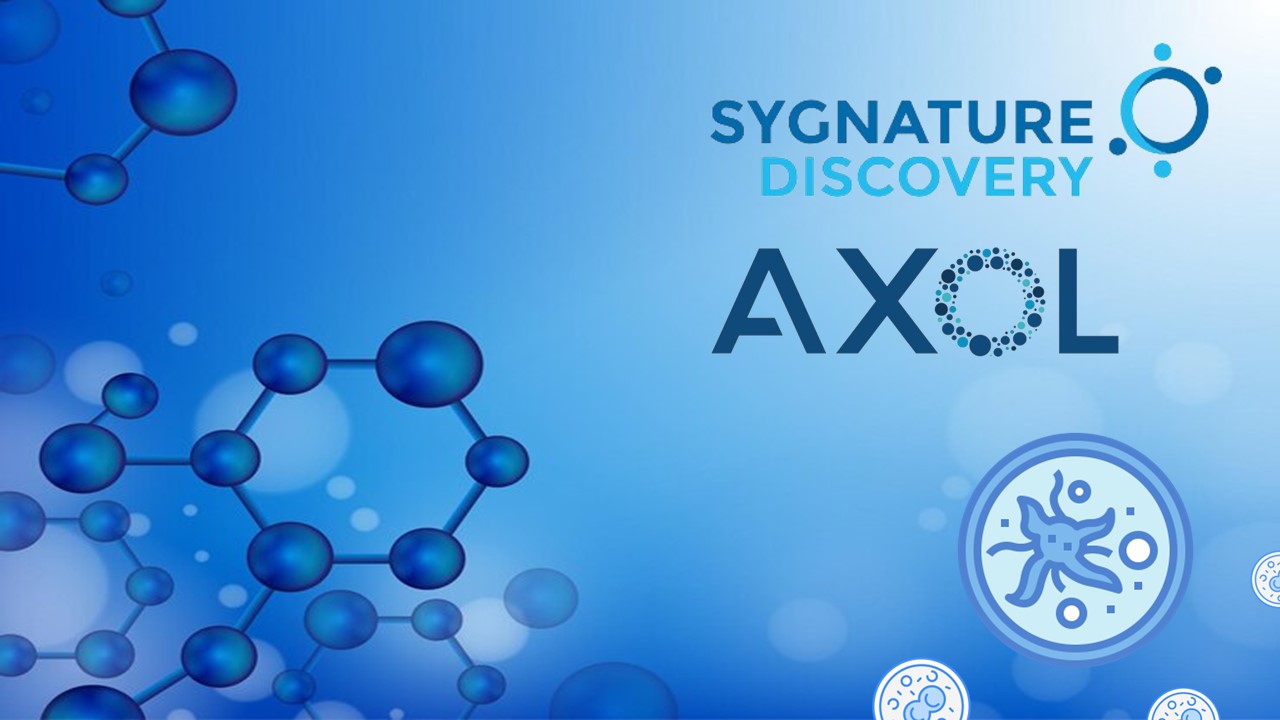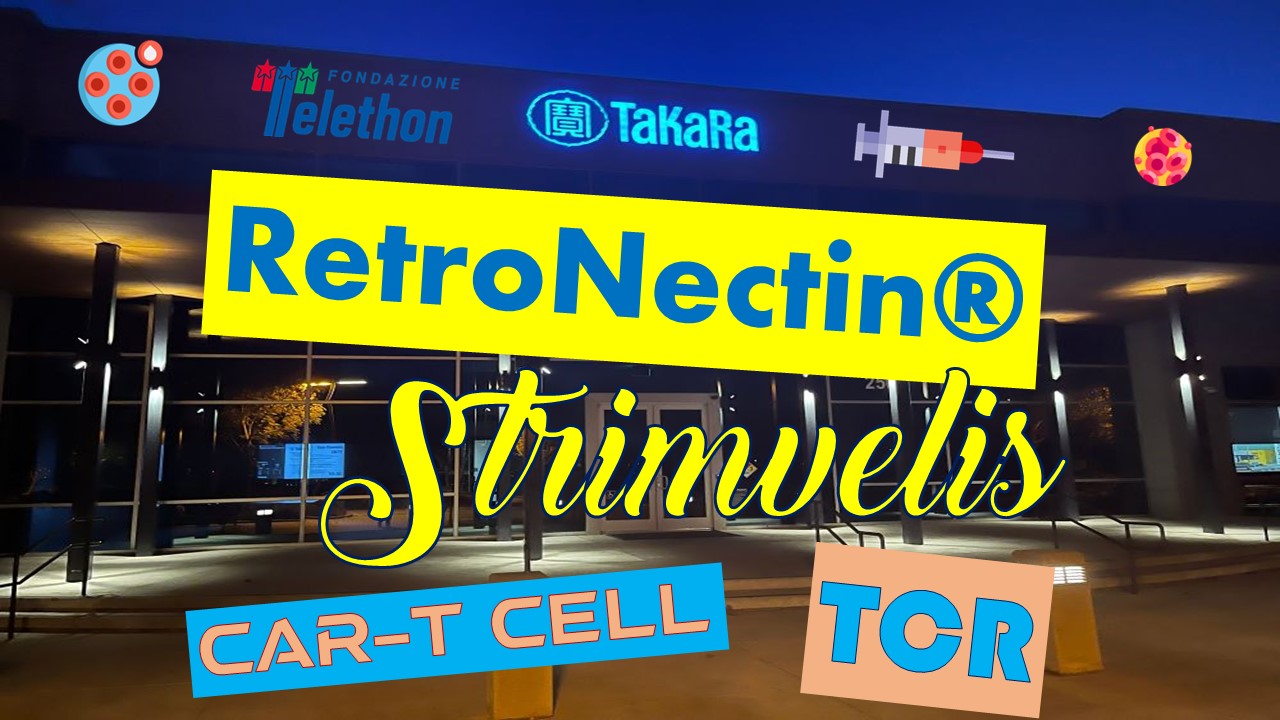In the quest for effective treatments for amyotrophic lateral sclerosis (ALS) and retinitis pigmentosa, researchers at Cedars-Sinai are pioneering a groundbreaking method that utilizes engineered stem cells derived from human induced pluripotent stem cells (iPSCs). This innovative approach shows promising results in delaying the progression of these debilitating neurodegenerative diseases, bringing hope for personalized therapies. The study, recently published in Stem Cell Reports, marks a significant milestone towards addressing the urgent need for effective treatments.
Renewable and Scalable Solutions
Dr. Clive Svendsen, Executive Director of the Cedars-Sinai Board of Governors Regenerative Medicine Institute, and his team have demonstrated the potential of neural progenitor cells derived from human brain tissue. By combining gene therapy with these expanded cell populations, they have developed successful treatments for ALS patients. To further enhance their therapeutic capabilities, the researchers engineered these cells to produce glial cell line-derived neurotrophic factor (GDNF), a vital protein that sustains damaged neurons.
Prolonged Protection in Rodent Models
The engineered cells were safely transplanted into the spinal cords of ALS patients in a recent clinical trial, demonstrating their ability to produce GDNF for an extended period of over three years. This extended production holds promise for protecting motor neurons, the loss of which is a hallmark of ALS. In parallel, ongoing trials for retinitis pigmentosa explore the potential of these neural progenitor cells in preserving vision.
Harnessing the Power of iPSCs
To overcome limitations related to a limited cell source, the team turned to induced pluripotent stem cells (iPSCs) as a renewable and scalable alternative. iPSCs provide an abundant and sustainable supply of cells that can be engineered to release potent growth factors, ensuring a more viable and long-lasting therapeutic product.
Cell and Gene Therapies: The Future of Neurodegenerative Disease Treatment
Cell and gene therapies have emerged as promising avenues for treating complex and challenging conditions like ALS and retinitis pigmentosa. Through transplantation, stem cells generate supportive cells that release the engineered drug, offering vital support to degenerating neurons. One key advantage lies in the potential to minimize immune interactions by engineering a patient’s own cells, paving the way for personalized precision medicine therapies.
Protection and Support
The researchers tested the iPSC-based therapy by introducing iPSC-derived neural progenitor cells that produce GDNF into rodent models of retinal degeneration and ALS. Encouragingly, the cells demonstrated a remarkable ability to protect retinal cells responsible for vision in the eye and safeguard spinal cord cells controlling movement. Importantly, the transplanted cells proved safe, exhibiting no tumor formation or adverse effects during an extended period of evaluation.
Moving Forward
While these findings offer promise, further preclinical studies are necessary to optimize the treatment level. The research team is actively exploring strategies to improve cell expansion and scalability, ensuring a more efficient and accessible approach. As the quest for effective therapies continues, these advancements provide optimism for a future where personalized treatments become a reality, improving the lives of countless individuals affected by these devastating conditions.
Study DOI: 10.1016/j.stemcr.2023.03.016
Subscribe
to get our
LATEST NEWS
Related Posts

Cell & Gene Therapy
Eyeing the Future: Stem Cells and the Promise of Corneal Restoration
By reducing dependency on donor tissues and minimizing immunosuppressive demands, iCEPS has the potential to redefine LSCD treatment.

Cell & Gene Therapy
A Cure in the Code: How Gene Editing is Transforming the Fight Against Sickle Cell Disease
BIVV003’s success highlights gene editing’s potential to treat genetic disorders at their root, offering hope for other conditions.
Read More Articles
Myosin’s Molecular Toggle: How Dimerization of the Globular Tail Domain Controls the Motor Function of Myo5a
Myo5a exists in either an inhibited, triangulated rest or an extended, motile activation, each conformation dictated by the interplay between the GTD and its surroundings.
Designing Better Sugar Stoppers: Engineering Selective α-Glucosidase Inhibitors via Fragment-Based Dynamic Chemistry
One of the most pressing challenges in anti-diabetic therapy is reducing the unpleasant and often debilitating gastrointestinal side effects that accompany α-amylase inhibition.













